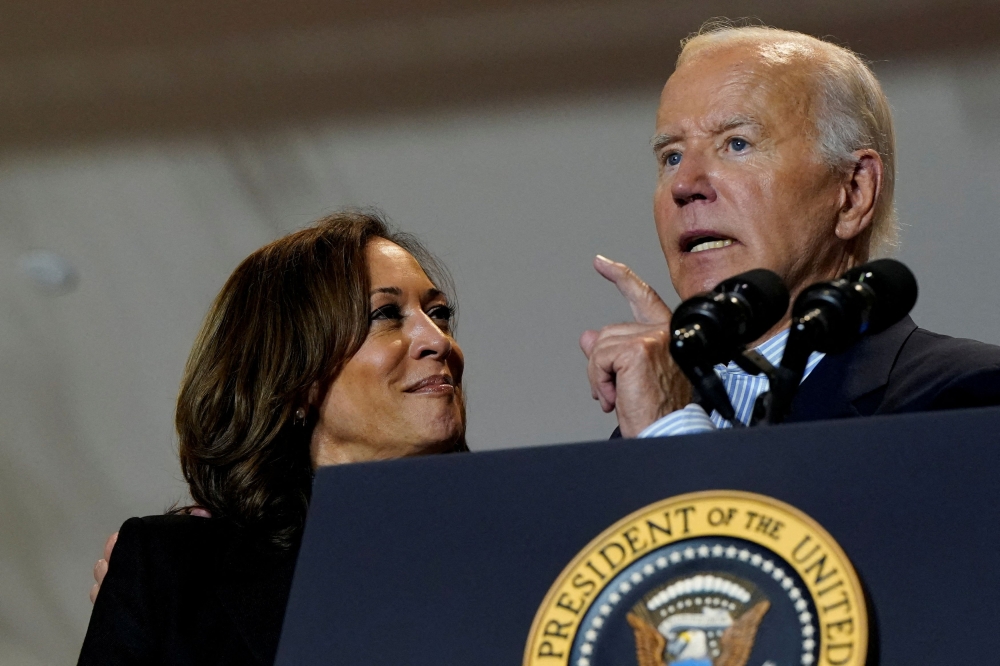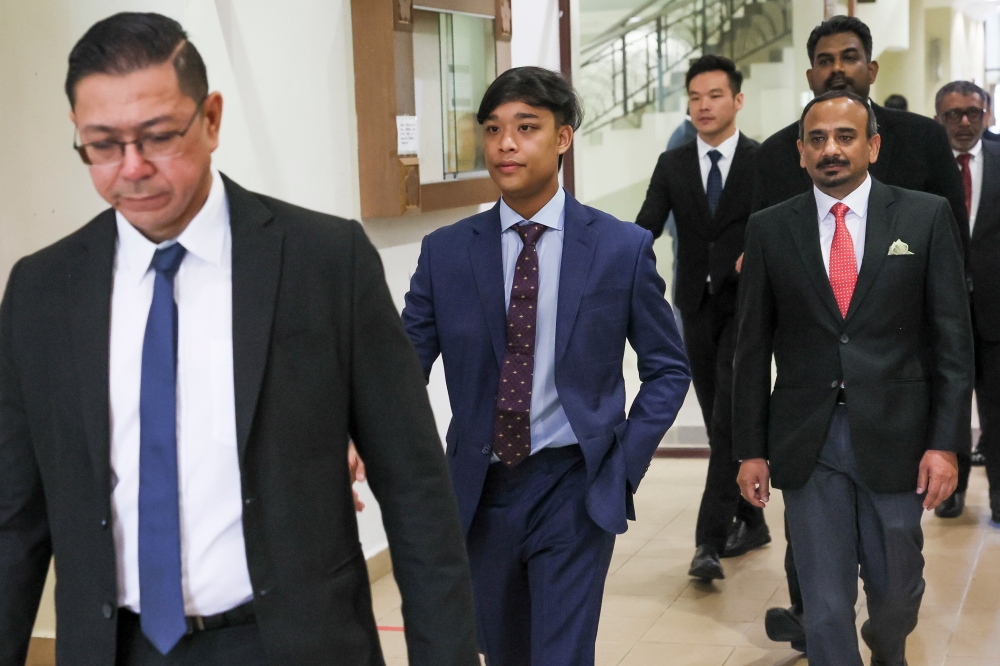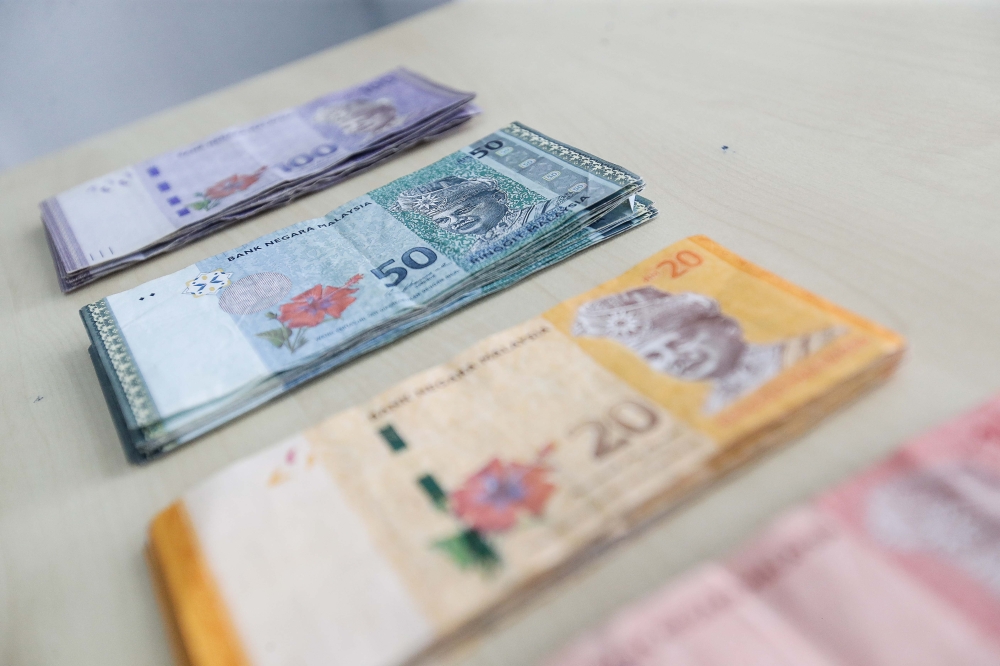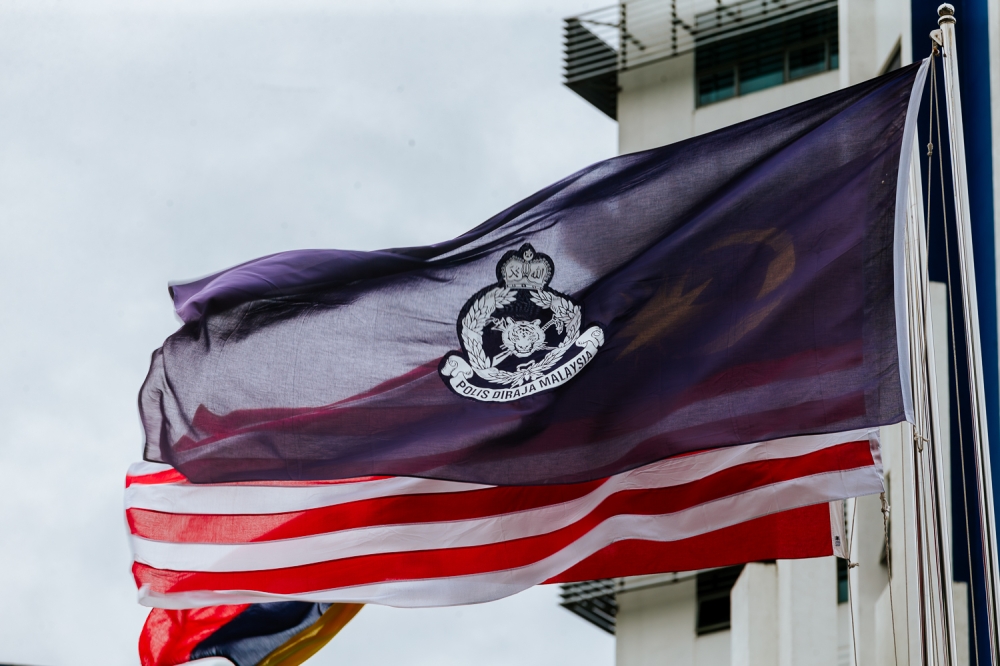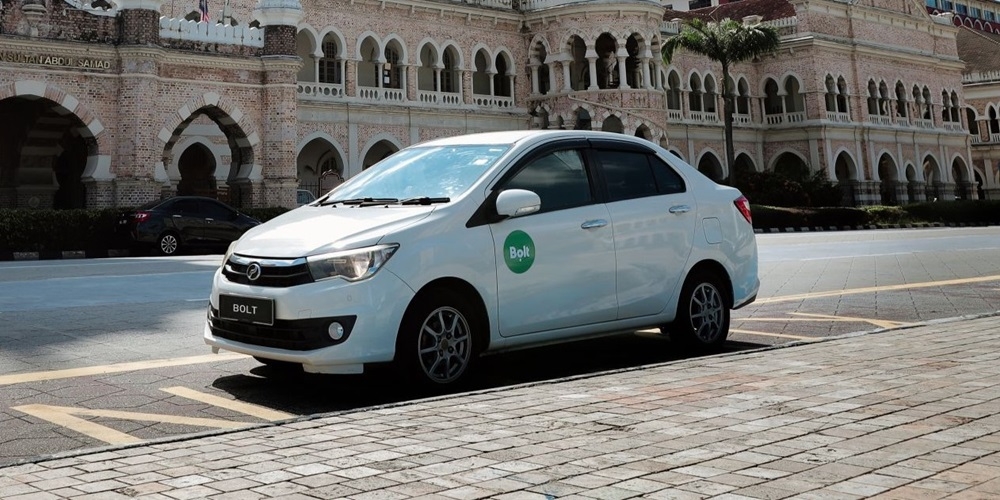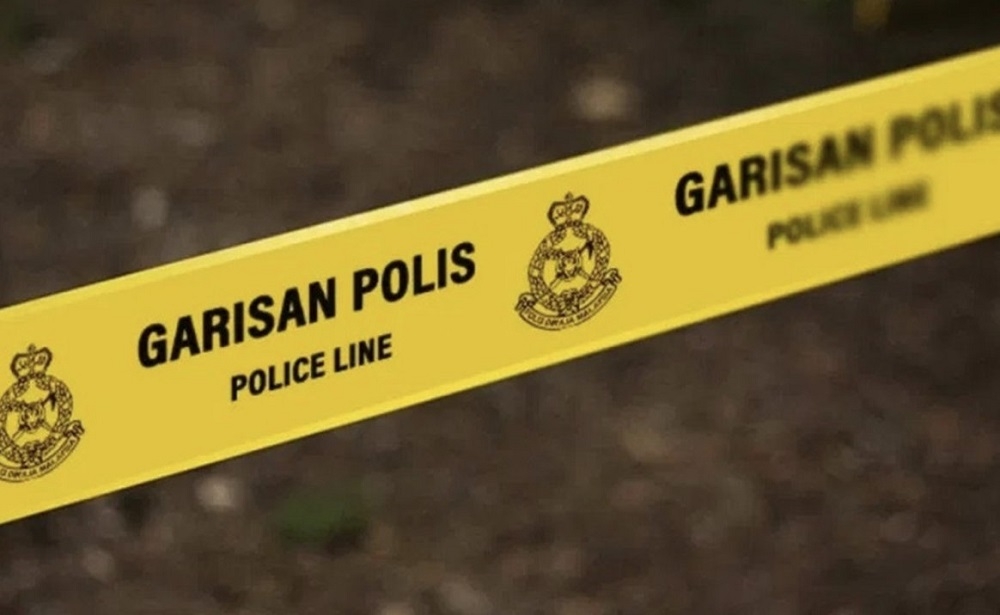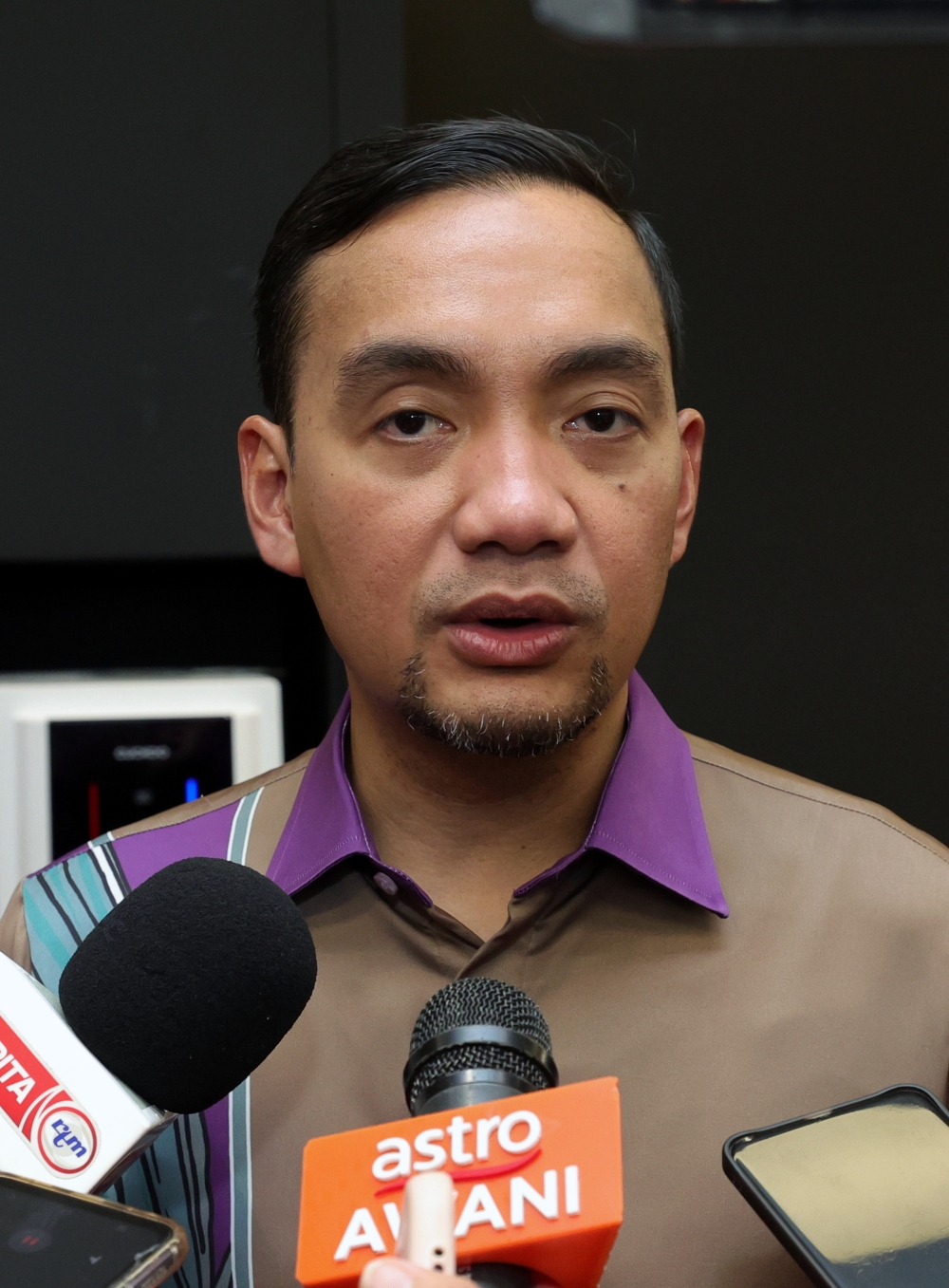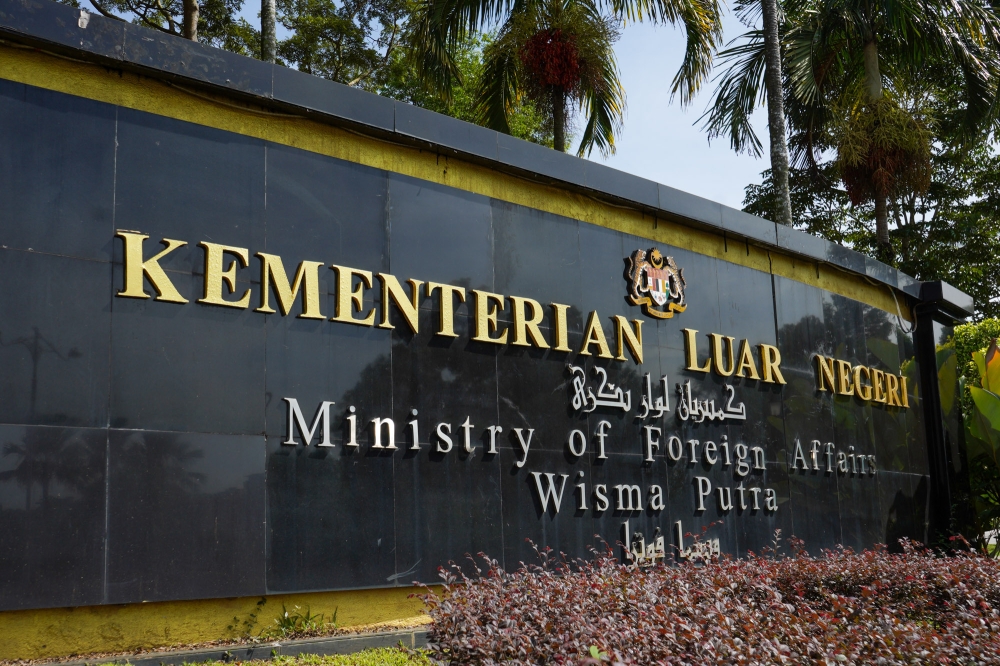LONDON, May 20 ― Britain is in “a sprint” to agree a trade deal with Australia early next month, International Trade Secretary Liz Truss said yesterday, following reports of government splits about the agreement.
Truss is eager to strike Britain's first major post-Brexit trade deal on its own terms before it hosts the G7 leaders' summit next month in Cornwall, southwest England.
But reports emerged earlier this week of a “ferocious” battle among ministers over whether to sign off the agreement with Australia amid fears over the impact on the country's agricultural sector.
The wrangling reportedly pits Truss and Brexit minister David Frost against Environment Secretary George Eustice and senior minister Michael Gove.
Eustice and Gove have argued British farmers could suffer from zero-tariff imports of Australian beef and lamb, according to the reports.
Australia's former foreign minister Alexander Downer told Times Radio on Wednesday Canberra would not accept a deal with quotas, which Eustice is said to have suggested.
“Zero tariffs with quotas isn't free trade, and that's not going to happen,” he said, stating Australia's position was “completely duty free” reciprocal trade.
“Australia isn't planning an avalanche of beef and sheep meat exports into the UK market. Australia's markets are predominantly in Asia,” he added.
Appearing before a parliamentary scrutiny committee, Truss insisted a tentative deal was close and would benefit UK farming as well as other key industries.
“This deal which we are working on with Australia, we're currently in a sprint, with a view to getting to agreement in principle by early June,” she told lawmakers.
“(It) will have benefits for all nations and regions of the United Kingdom and all industries, including the agriculture industry.”
Thriving farming
Conservative Prime Minister Boris Johnson is pursuing a “Global Britain” strategy that he argues will seal more advantageous trade deals than those negotiated while it was a European Union member.
But Johnson's government is also keen to preserve its farming sector, while upholding health and environmental standards.
Eustice told Sky News Tuesday that there was a “balance to be struck” between free trade and protecting key domestic sectors like farming.
He claimed there was “very clear consensus” within the government that it wanted to do a trade agreement with countries like Australia.
“But obviously on the right terms,” he added.
National Farmers Union (NFU) president Minette Batters also warned there was a “trade-off” that needed to be “balanced” between securing new markets abroad and opening up to imports.
She added there was a risk UK farming could suffer “irreversible damage” if an Australia pact undercut the country's animal welfare and other standards.
Truss told lawmakers that her department had held discussions with the NFU in which she had vowed to ensure a good deal for the sector.
“I'm always looking to make sure... that British farmers would not be undercut by unfair practices from elsewhere and we will make sure in all the deals we do that British farming thrives,” Truss said.
“I'm absolutely confident that will be achieved through the Australia deal.”
A trade deal with Canberra would be the first post-Brexit that was not merely a replication or rollover of its previous EU arrangement.
Johnson has already secured trade deals with the European Union and Japan, and is also in discussions with India, New Zealand and the United States. ― AFP



